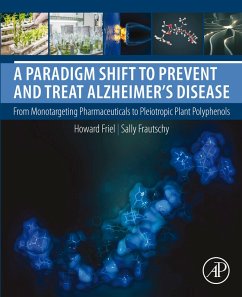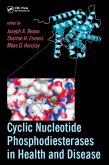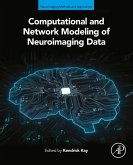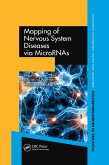A Paradigm Shift to Prevent and Treat Alzheimer's Disease: From Monotargeting Pharmaceuticals to Pleiotropic Plant Polyphenols is the first book to systematically exhibit the powerful pleiotropic pharmacological effects on Alzheimer's disease of plant-based compounds from ancient foods that humans have been consuming safely with substantial health benefits for thousands of years.
These plant-based compounds include curcuminoids from turmeric, resveratrol from red wine and grape seed extract from other grape products, epigallocatechin-gallate (EGCG) from green tea, and oleocanthal and oleuropein from olive oil, in addition to a special extract, EGb 761, from the leaves of Ginkgo biloba, the oldest living species of tree on earth.
This book also presents a new analytical framework that convincingly favors a multi-targeting ("pleiotropic") approach to the prevention and treatment of complex chronic diseases, in contrast to the mono-targeting of the pharmaceutical model.
A Paradigm Shift to Prevent and Treat Alzheimer's Disease is a unique and exciting resource for pharmaceutical scientists, pharmacologists, neurologists, general practitioners, research scientists in various medical and life sciences, healthcare professionals in clinical and executive positions, conventional medical schools, schools of naturopathic medicine, healthcare and medical journalists, executives in both national public healthcare systems and private insurers, and informed general readers.
These plant-based compounds include curcuminoids from turmeric, resveratrol from red wine and grape seed extract from other grape products, epigallocatechin-gallate (EGCG) from green tea, and oleocanthal and oleuropein from olive oil, in addition to a special extract, EGb 761, from the leaves of Ginkgo biloba, the oldest living species of tree on earth.
This book also presents a new analytical framework that convincingly favors a multi-targeting ("pleiotropic") approach to the prevention and treatment of complex chronic diseases, in contrast to the mono-targeting of the pharmaceutical model.
A Paradigm Shift to Prevent and Treat Alzheimer's Disease is a unique and exciting resource for pharmaceutical scientists, pharmacologists, neurologists, general practitioners, research scientists in various medical and life sciences, healthcare professionals in clinical and executive positions, conventional medical schools, schools of naturopathic medicine, healthcare and medical journalists, executives in both national public healthcare systems and private insurers, and informed general readers.
- Presents carefully compiled evidence supporting the need to shift from pharmaceutical-based mono-targeting to plant polyphenol-based pleiotropic targeting for the prevention and treatment of Alzheimer's disease
- Includes valuable tables that aggregate pleiotropic pharmacological effects of the plant polyphenols on Alzheimer's disease-related pathogenic hallmarks
- Highlights regulatory aspects and discusses the challenges and potential solutions with respect to bioavailability of certain plant polyphenols
Dieser Download kann aus rechtlichen Gründen nur mit Rechnungsadresse in A, B, BG, CY, CZ, D, DK, EW, E, FIN, F, GR, HR, H, IRL, I, LT, L, LR, M, NL, PL, P, R, S, SLO, SK ausgeliefert werden.









